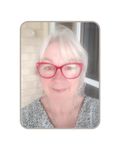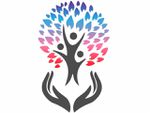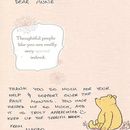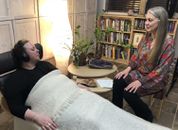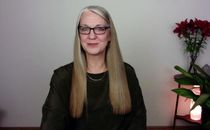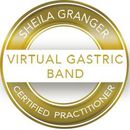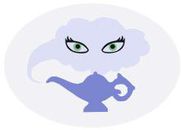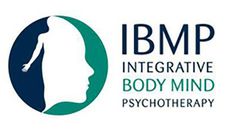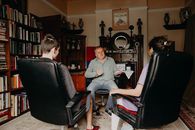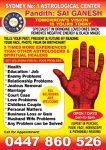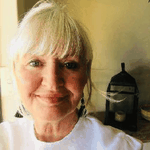What is Spiritual Healing?
Spiritual healing involves balancing the spiritual energy centres, known as the chakras, to promote healing of the mind, body and spirit. It's a catch-all phrase for modalities, such as Reconnective Healing®, tarot reading and family constellation, which make use of vital life force, intention and spirit guides. Spiritual healers seek guidance from angels or spirit guides in order to gain insight into their clients' needs and be able to relieve them of pain or other forms of suffering.

What are the Benefits of Spiritual Healing?
An imbalance between the mind, body and spirit is the root cause of both acute and chronic diseases. By strengthening a person's aura field and balancing their energy flow, the spiritual healer can treat a variety of conditions, including:
- Anxiety
- Depression
- Stress
- Headaches
- Anger management issues
- Brain fog
- Fears and phobias
- Chronic pain
- Cancer
- Digestive issues
- Sleep disorders
- Low self-esteem
- Work or athletic performance
- Neurodegenerative diseases
How Much Does Spiritual Healing Cost in Fremantle?
In Fremantle, the cost of a spiritual healing session ranges from $120 to $224. The length of the session, the healer's qualifications, the modality employed, and whether the healing is done in person or remotely are some of the factors that affect the cost.
How Many Spiritual Healers are There in Fremantle?
Spiritual healing is becoming increasingly popular in Fremantle, if not all of Australia. Hundreds of spiritual healers are in high demand because of their ability to treat a variety of physical, mental and emotional conditions. They conduct healing sessions in holistic clinics, energy healing centres, retreats, and even some hospitals. Some practitioners integrate spiritual healing into their core practice and use it when providing face-to-face or online healing sessions.
How Many Fremantle Residents Use Spiritual Healing?
A large percentage of Fremantle's population turns to spiritual healing for disease prevention or management. The majority of users are women, but there are men who use this type of holistic modality as well. Most women use it as an adjunct therapy to help treat their chronic conditions.

